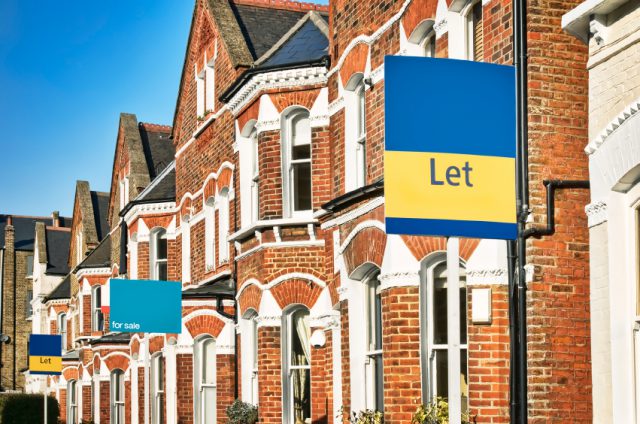The Help to Buy equity loan scheme will extend to prospective homebuyers in London from 1st February.
The Government initiative will offer loans of up to £240,000 to help buyers purchase new build properties.
The equity loan scheme has been available to buyers around the country since April 2013. Its extension in the capital sees the amount of money being offered doubling from 20% of the property’s purchase price to 40%.
Although mortgage rates are still at record lows and lenders are increasingly prepared to offer loans to first time buyers, sky-high house prices in London have priced many out of the market.
To meet affordability measures and qualify for mortgages, borrowers have been required to save huge deposits.
Figures from Halifax found that the average first time buyer in London bought a £367,990 home in 2015, with an average deposit of £91,409. Purchasing the same property with a 40% loan would mean the buyer would only need a deposit of £18,399.
The extension to the scheme, announced by Chancellor George Osborne in the Autumn Statement, will be available to buyers of new build homes in Greater London costing up to £600,000. As under the existing initiative, borrowers will need a deposit of at least 5% of the property’s value and to qualify for an ordinary mortgage.
They must also prove that they can afford interest payments on the Government loan when the five-year interest-free period comes to an end.
Despite interest starting at 1.75%, lenders are ensuring that repayments can be met at up to 4%, meaning that someone borrowing the maximum £240,000 would need to prove that they can afford to pay £800 per month, in addition to their mortgage and other outgoings.
When the scheme launches, mortgages will be available from Leeds Building Society, Nationwide and Lloyds Bank.

London Help to Buy Scheme to Launch on 1st February
The Housing Minister, Brandon Lewis, comments on the extension: “We’re determined to help people enjoy the security that comes with owning a home and have already helped over 130,000 people into homeownership with Help to Buy.
“The scheme is helping people buy a home with a fraction of a deposit they would normally require and the new London scheme will help even more people follow in their footsteps.”1
£8.6 billion was set aside to extend the Help to Buy equity loan scheme from April this year – when it was originally due to end – to March 2021.
By the end of September last year, 3,548 households had used a Help to Buy equity loan to buy properties in the capital and the Government believes more than 10,000 more buyers could benefit from the extension.
It appears that developers have been one of the main beneficiaries of Help to Buy, reporting high demand for homes.
Ray Boulger, of mortgage brokers John Charcol, comments that the scheme is “a massive benefit to people who want to buy in London”.
He says buyers that are able to raise large enough deposits will effectively be able to double the amount they can spend, while keeping their monthly repayments at the same level.
However, he adds that there will be borrowers who are unable to clear the loan at the end of the five-year period and at that point, some homeowners will not be able to move up the housing ladder.
He explains: “People who use the scheme will stay in the property a lot longer – this is likely to happen with the existing scheme too. A lot of people will find that their ability to move is limited unless they want to downsize, but if they are buying a bigger property at the outset, that shouldn’t be a problem.”1
Indeed, the scheme has also received criticism.
Property expert Henry Pryor believes the scheme will fuel demand and house price growth in London.
He says: “First introduced as a measure to encourage house builders to take off the tarpaulins off their moth-balled sites and get building again after the 2007-8 crash, the initiative has worked well with more homes being built, but the by-product is toxic – higher prices that require even more help to buy.
“Results from the quoted developers illustrates who is really being helped and a London version of the scheme is wrong, both from a moral and practical perspective. There are no work-shy builders in the capital; in fact, we need more sites to satisfy demand. Giving people help to afford what they otherwise could not is potty and will end in tears.”1
And the Chief Executive of homelessness charity Shelter, Campbell Robb, insists: “What we need to tackle the housing crisis in London isn’t more gimmicky schemes that are only available to higher earners, but investment in genuinely affordable homes.
“Without this, millions of Londoners on ordinary incomes will continue to be stuck in unstable, expensive private renting.
“To solve the housing crisis for the long term, both central Government and the Mayor need to prioritise building homes that people on low or average incomes can actually afford to rent or buy.”1
1 http://www.theguardian.com/money/2016/jan/12/london-help-to-buy-scheme-launch-in-february











